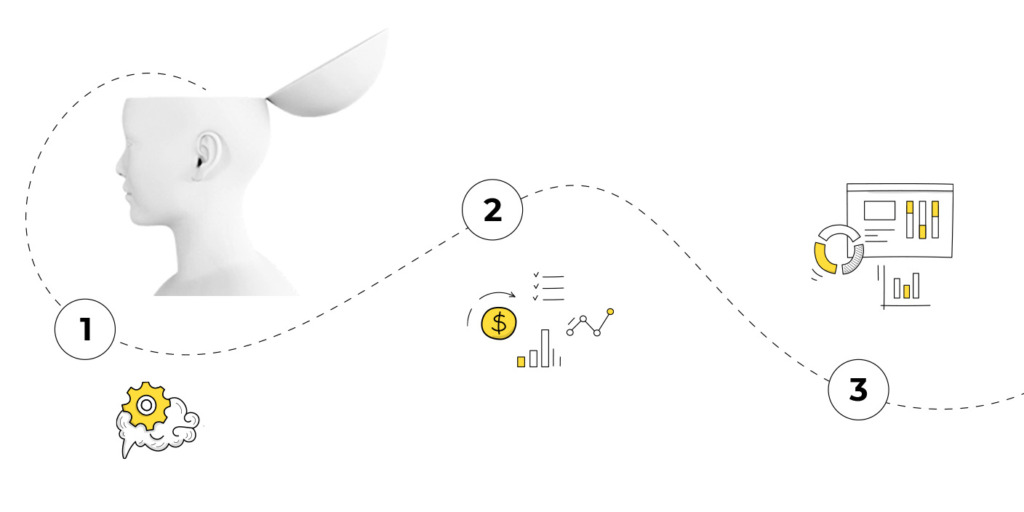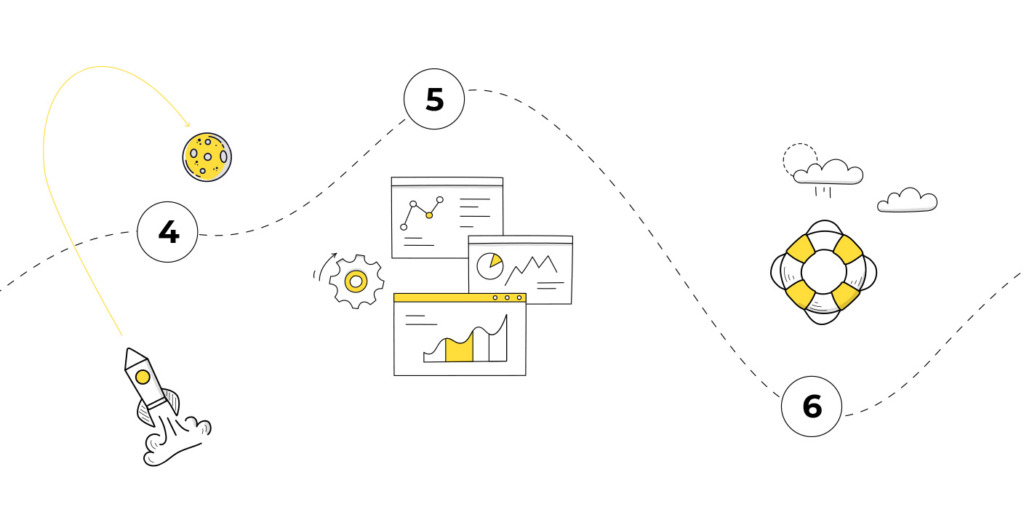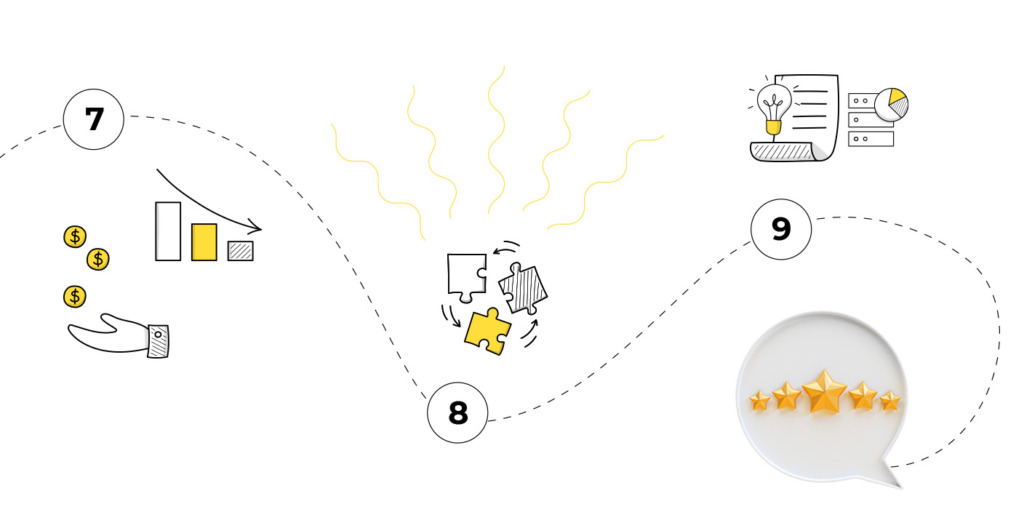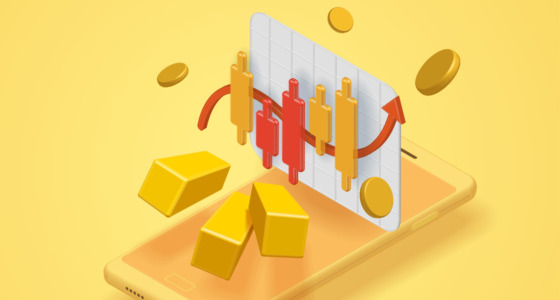

Trading emotions can seriously affect the decisions you make when trading. The way you react to a loss can have a huge impact on the way you take the next step. If you’re wondering about how to control trading emotions, you’ve come to the right place. Take a look and see if our article helps.
How do trading emotions and psychology affect trades?
Let’s start with the question ‘what is emotional trading?’ Newbie traders might not know to have a plan in place before they start trading. So, they go into it thinking their intuition is enough, but trading is not about intuition at all.
Trading is a business and every business requires a strategy. To learn how to deal with trading emotions, you need to learn what kind of strategies you can put in place to deal with every situation.
Kinds of emotions traders experience
Greed is the single worst emotion or feeling traders have that might take them down. Even if you’re great at risk management, greed can lead you to make more trades instead of sticking to your stops.
Excitement, edginess, and confidence are among some of the other emotions that traders might feel during a particularly interesting trade.

9 tips to keep your emotions in check
Here are some of the best tips we could come up with to help you keep a straight face when you’re trading:

- Manage expectations: When you first get into trading, there’s no reason to think that every asset you invest in will take you to the moon. Trade small so the less money you leverage, the lower your chances of incurring a loss.
- Set a spending limit: Don’t get emotional if you start running into losses. Making a couple of mistakes that lead to losses is okay. But you should have a set point at which you would stop instead of letting your trading emotions tell you to stop.
- Establish a strategy: Before you get into the market, create a strategy for yourself and maybe take notes in your journal as you go. This will save you from making a lot of mistakes that could happen if you went into it blind.
Of course, the strategy will never be 100% effective. But having a strategy in the first place removes the need for you to unnecessarily become emotional when faced with a situation that might not be favourable.

- Be less reactive: If things don’t go your way, reacting out of anger will undoubtedly lead you to incurring more loss. Your focus should be to recoup your losses by taking a step back and re-establishing a new and improved strategy.
- Diversify your trades: Don’t hold on to a trade that appears to be unfavourable for you hoping that it’ll turn a profit. If you don’t take the initial loss, there’s a chance you could incur an even bigger loss.
Diversifying your trades also leads to fewer losses. Diversification is one of the key elements of risk management. Even if you’re trading in one asset class, consider lengthening your portfolio to expose yourself to more potential profit.
- Take a break if needed: Take breaks every few hours and deliberate on your next course of action. This will give you a fresh perspective on trades that previously might have puzzled you.

- Don’t trade money you don’t have: This is the single most tip in this entire article. Trading is a volatile business and if you don’t have a solid plan, there’s a pretty good chance things won’t go your way. If you start trading money you saved up to buy a house or a car swept up in your trading emotions, you pretty much lose it all if you make one mistake.
- Don’t panic: Relax your mind and consult your strategy. If you panic after a loss, you start to automatically make erratic decisions that eventually lead to loss. Instead, make peace with the loss and see to improving your strategy so that the same thing doesn’t occur again.
- Stick to your plan: Like we already said, panicking leads to erratic decisions and mistakes. If you’ve created a strategy beforehand, stick to it and make alterations only when needed.
When you make your plan, make sure to plan for every possible outcome that you can think of. This will reduce the need for you to involve your emotions when trading because you’ll already have instructions on what to do.
Wrapping up
Managing your emotions, when you trade, is a lot easier said than done. Investing in an asset itself requires you to devote some inkling of your emotions to it. But being able to capitalize on the asset without losing yourself in those emotions is the key to being a good trader.





